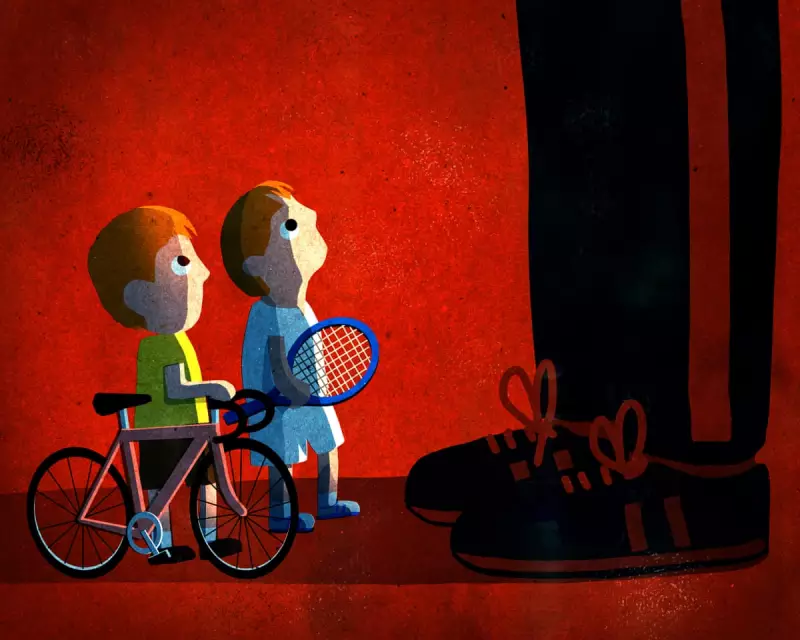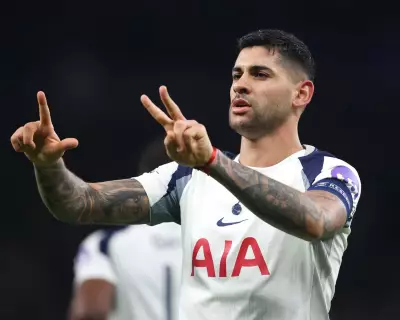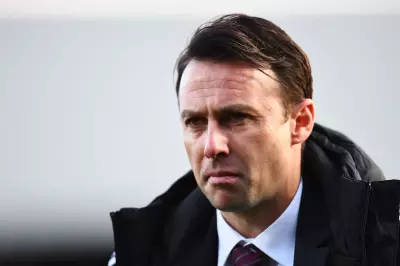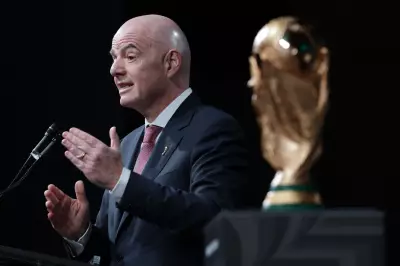
The Dark Reality Behind Sporting Glory
Two new autobiographies from sporting legends Boris Becker and Bradley Wiggins reveal troubling parallels between their experiences of achieving ultimate success only to face devastating personal crises. Both athletes reached the pinnacle of their sports - Becker winning Wimbledon at just 17, Wiggins claiming Tour de France and Olympic glory - yet found their achievements brought emptiness rather than fulfilment.
Parallel Downfalls Across Sports and Generations
Both Becker and Wiggins experienced spectacular falls from grace despite their extraordinary sporting achievements. Becker faced conviction on four counts in a British court and served prison time surrounded by drug addicts. Wiggins admits to developing a cocaine addiction that he acknowledges could easily have led him behind bars. Remarkably, both athletes acknowledge their own agency in their downfalls while highlighting how trusted adults in positions of authority failed them profoundly.
Wiggins reveals he was sexually abused by his youth cycling coach, while simultaneously being moulded into a champion by the same individual. His story underscores the urgent need to protect vulnerable children in sport, particularly those from unstable home backgrounds. Despite occurring thirty years ago, similar abuse cases continue to emerge across British sport, with no independent structure yet established to uphold coherent safety standards.
Systemic Failures in Elite Sport
As adults, both athletes faced further institutional failures. When Wiggins reached out to Team Sky admitting "I'm really struggling", he claims he was told to "pull yourself together". He describes feeling "disposable" to coach Dave Brailsford, experiencing devastating repetitions of childhood abandonment patterns. Becker similarly felt desperately restricted after his early Wimbledon triumph, describing living "in a box" and being denied the freedom he craved.
Neither athlete found purpose or meaning through their sporting achievements. Becker's motivation centred around wanting to make opponents' mothers weep, while Wiggins used cycling as an escape from "a lifelong lack of self-worth". Both discovered that sporting glory couldn't erase deep psychological scars, with Wiggins deliberately disrespecting his Olympic medal and Becker finding philosophical meaning only during his prison sentence through Stoic philosophy lessons.
Redemption Through Relationships Beyond Sport
The athletes' paths to redemption came through relationships outside the sporting world. Both experienced bitter rivalries with key competitors - Becker with Michael Stich, Wiggins with Chris Froome - that only found resolution years later. Stich wrote a powerful letter to Becker in prison, while Wiggins eventually reached out to Froome to make amends.
Trophies and medals proved meaningless in their darkest moments. Becker sold his to pay mounting debts, while Wiggins smashed his Sports Personality of the Year trophy and knighthood box in front of his children. Their stories demonstrate that deep, trusted relationships matter far more than sporting accolades, with both finding redemption through genuine personal connections rather than professional achievements.
These accounts challenge the narrative that abuse and suffering represent the necessary "price of winning" in elite sport. Rather than inspiring the next generation, they reveal a system that must fundamentally change if sport is ever to fulfil its potential to positively transform lives.





